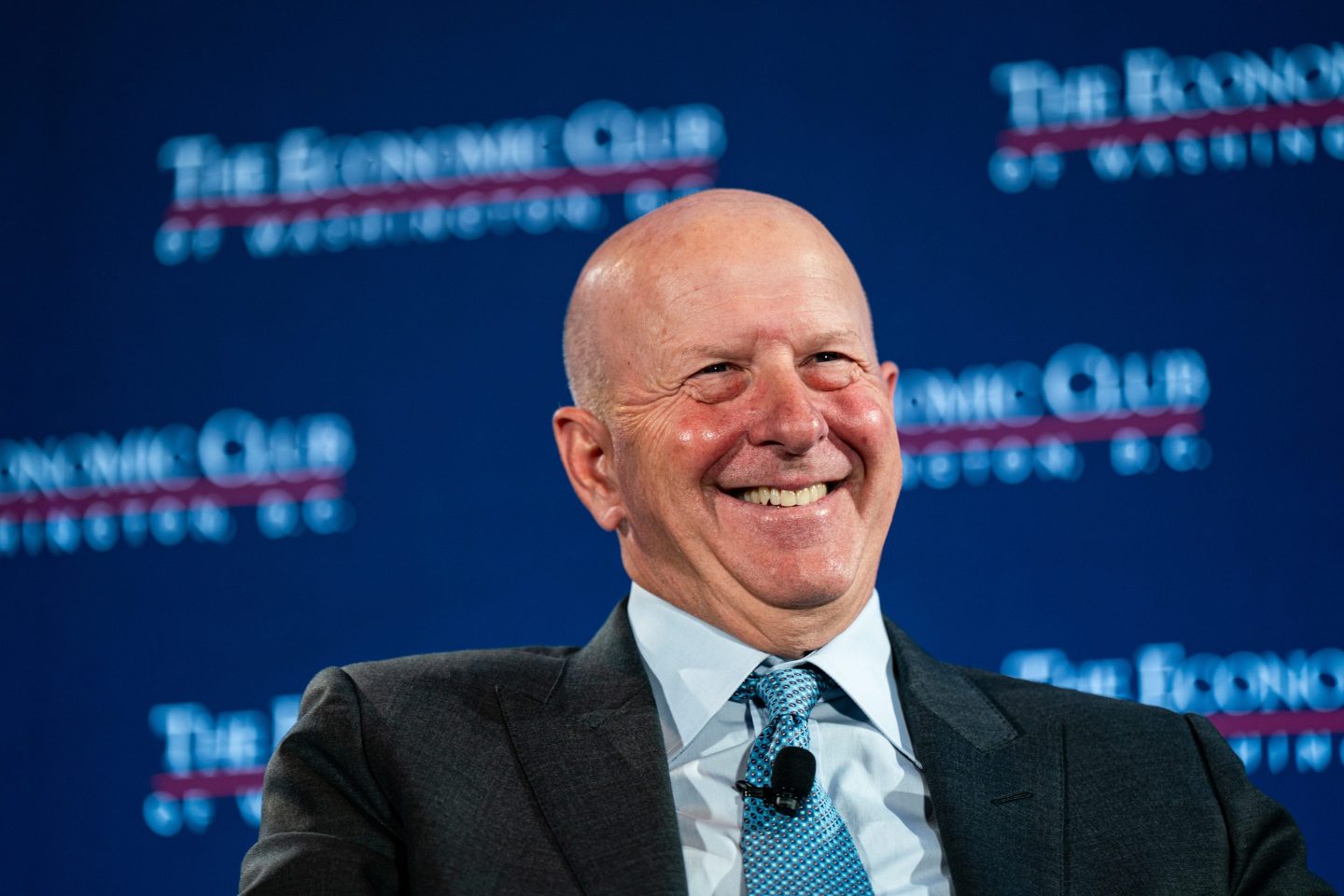Work culture in the U.S. Is changing, and employees are fed up with five-day RTO mandates and late-night calls from their bosses. Disillusioned with corporate America’s grind, they’re finally putting their work-life balance first—even above a hefty paycheck.
Work-life balance is now the highest ranking factor for talent when it comes to their current or future job, according to a 2025 Workmonitor report from Randstad. About 83% of people list it as the most important consideration—right next to job security—with pay ranked in third as a motivator at 82%. It’s the first time work-life balance has surpassed pay as an incentive since the first Workmonitor study 22 years ago.
“Talent’s search for workplaces that shape around them, rather than vice versa, continues to be a strong motivator,” the report notes. “Their expectations have become more multifaceted, with traditionally sought-after workplace aspects giving way to a broader distribution of priorities.”
Gen Z is leading the charge for valuing work-life balance over pay
In true fashion of their mission to make office life better, young people are leading the change in expectations for employers.
The gap between wanting flexibility and compensation is most stark for Gen Z, according to the Randstad report. Around 74% rank work-life balance as a top consideration, compared with just 68% who put pay first. The young generation even ranked mental health (70%) above eye-catching salaries—part of their drive to ensure they’re happy clocking into their jobs every day.
They even value remote and hybrid schedules more than pay; about 40% of Gen Zers and millennials would take a pay cut for more flexibility about where they work, according to a 2025 LinkedIn report. It’s part of a wider shift among young professionals, dubbed “career minimalism,” as Gen Z staffers save energy for their true ambitions outside of working hours.
However, older staffers are all-in on sustainable schedules, too. The Randstad report finds that the importance of work-life balance and pay increases with age: 85% of baby boomers rank work-life balance as a primary consideration in jobs, while 87% rank pay as a significant consideration. A large proportion of these employees still hold work-life balance in high regard, but they haven’t yet come to terms with the notion that cash is king.
Everyday workers want flexibility—but CEOs say it’s a pipe dream
Workers at the upper and bottom rungs of the corporate totem pole agree on one thing: work-life balance is extremely important when considering a job. But professionals who have assumed the throne as CEO are starkly divided on whether it’s possible to be ambitious and unplug at a decent hour.
Marc Randolph, the cofounder of $472 billion entertainment giant Netflix, is one of the few highly successful entrepreneurs who are adamant on setting work-life boundaries. He lived by a straightforward rule throughout his three-decade-long career: every Tuesday, he walked out of the office at 5 p.m. And wouldn’t do work for the rest of the night. He’d go to a movie, have dinner, or go window-shopping with his close friend—and “nothing got in the way of that.”
“I’ve worked hard, for my entire career, to keep my life balanced with my job,” Randolph wrote in an old LinkedIn post that has recently been recirculating on social media. “Those Tuesday nights kept me sane. And they put the rest of my work in perspective.”
In what might seem unconventional for Wall Street titans, JPMorgan CEO Jamie Dimon has also advised young workers to break away from work. It’s what’s best for their relationships and well-being.
“You need to have work-life balance,” Dimon said to students at the Georgetown University Psaros Center for Financial Markets and Policy last year. “What we tell our people at JPMorgan is you have to take care of your mind, your body, your spirit, your soul, your friends, your friends, your health. You really have to.”
However, there’s a large camp of CEOs and entrepreneurs who wholeheartedly disagree with the notion of work-life balance. Google cofounder Sergey Brin and Scale AI’s Lucy Guo have lambasted the idea of clocking in at 9 a.m. And out at 5 p.m. Andrew Feldman, cofounder and CEO of $8.1 billion AI chip company Cerebras, agreed it’s astonishing that people want to have it both ways.
“This notion that somehow you can achieve greatness, you can build something extraordinary by working 38 hours a week and having work-life balance, that is mind-boggling to me,” Feldman stressed on the 20VC podcast last month. “It’s not true in any part of life.”













